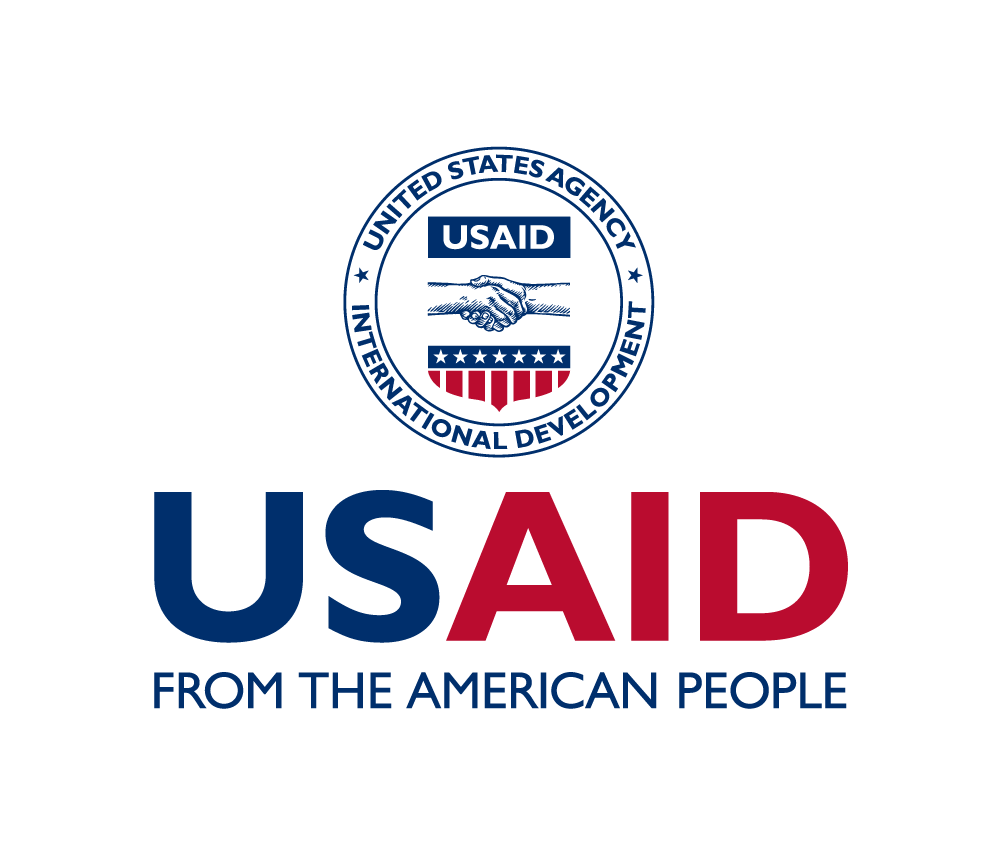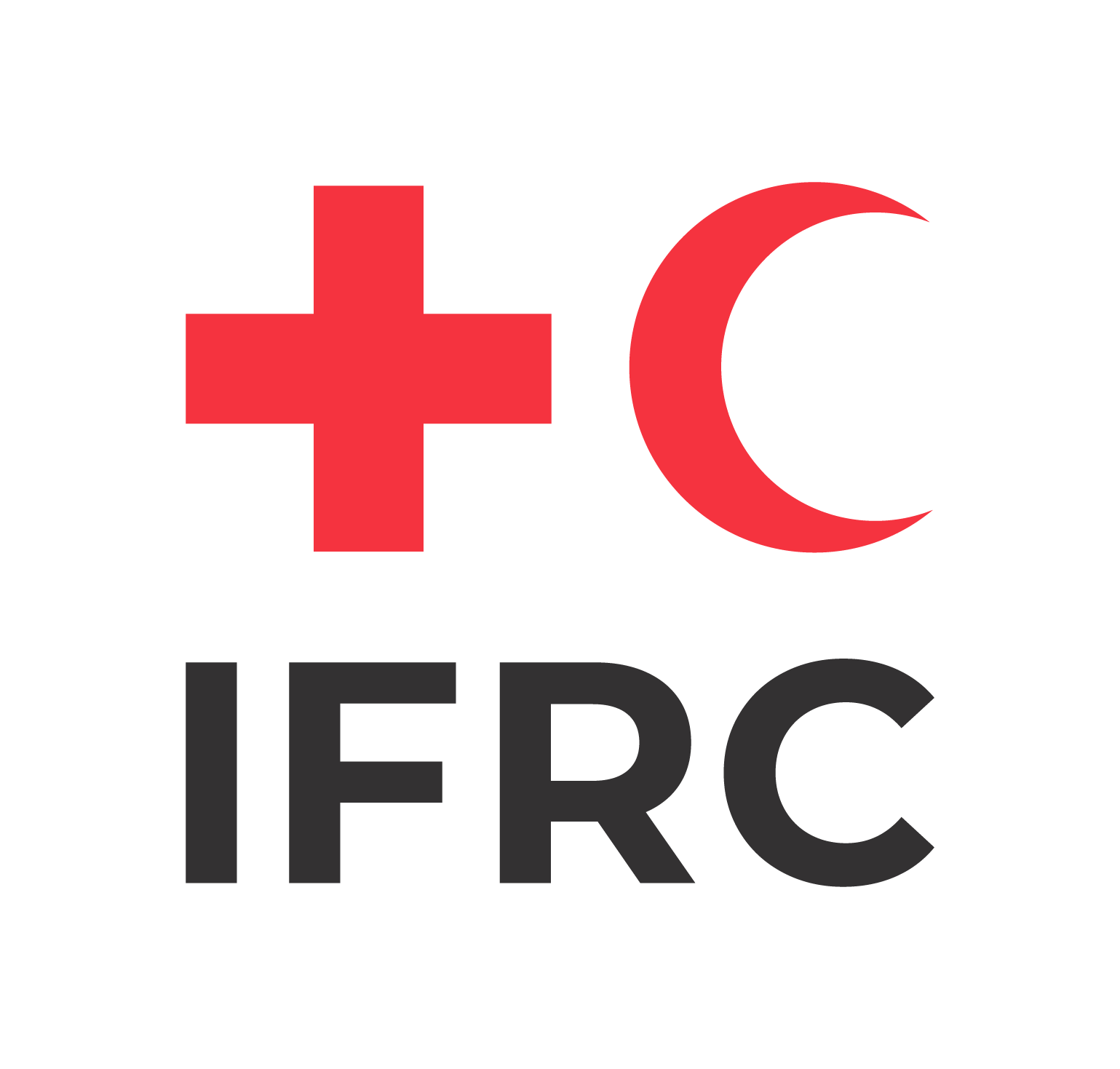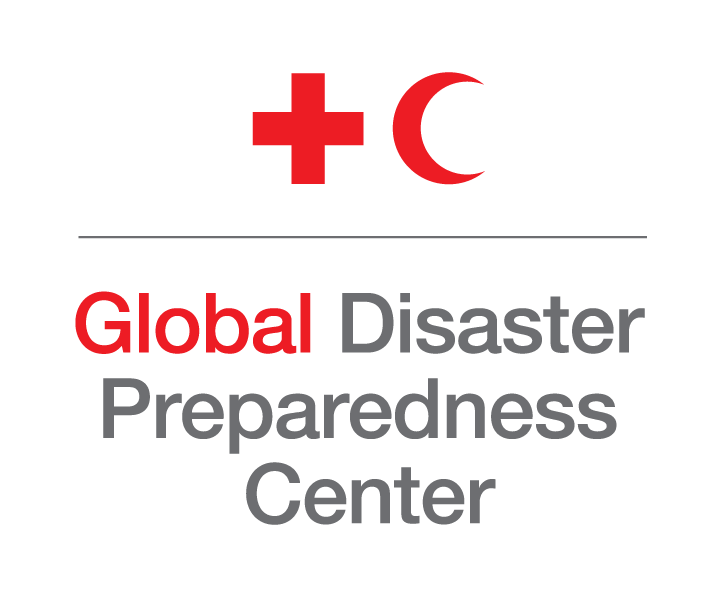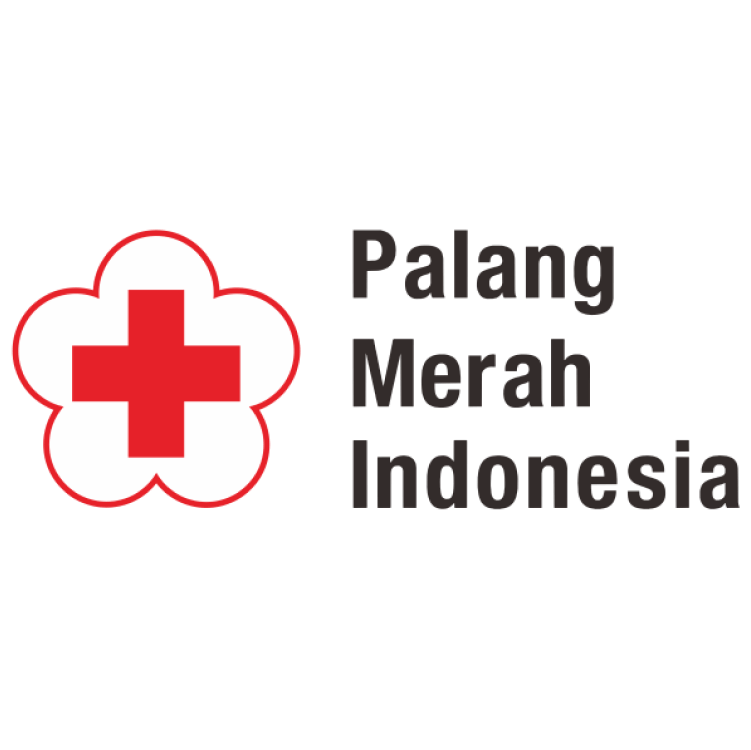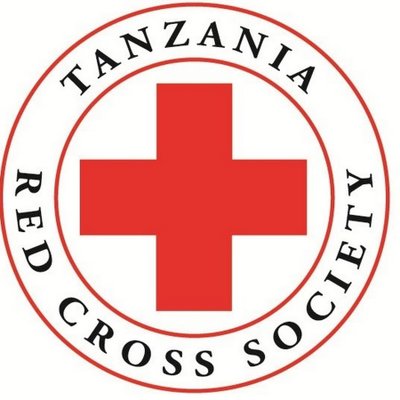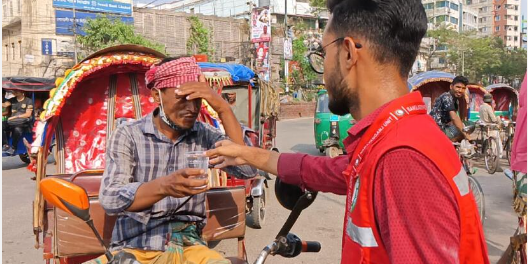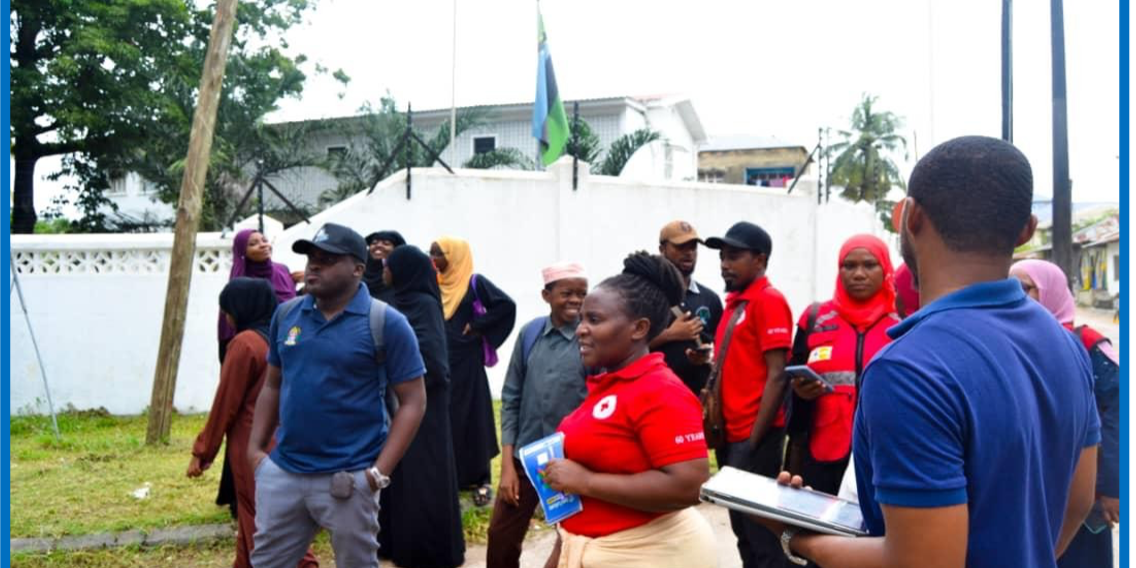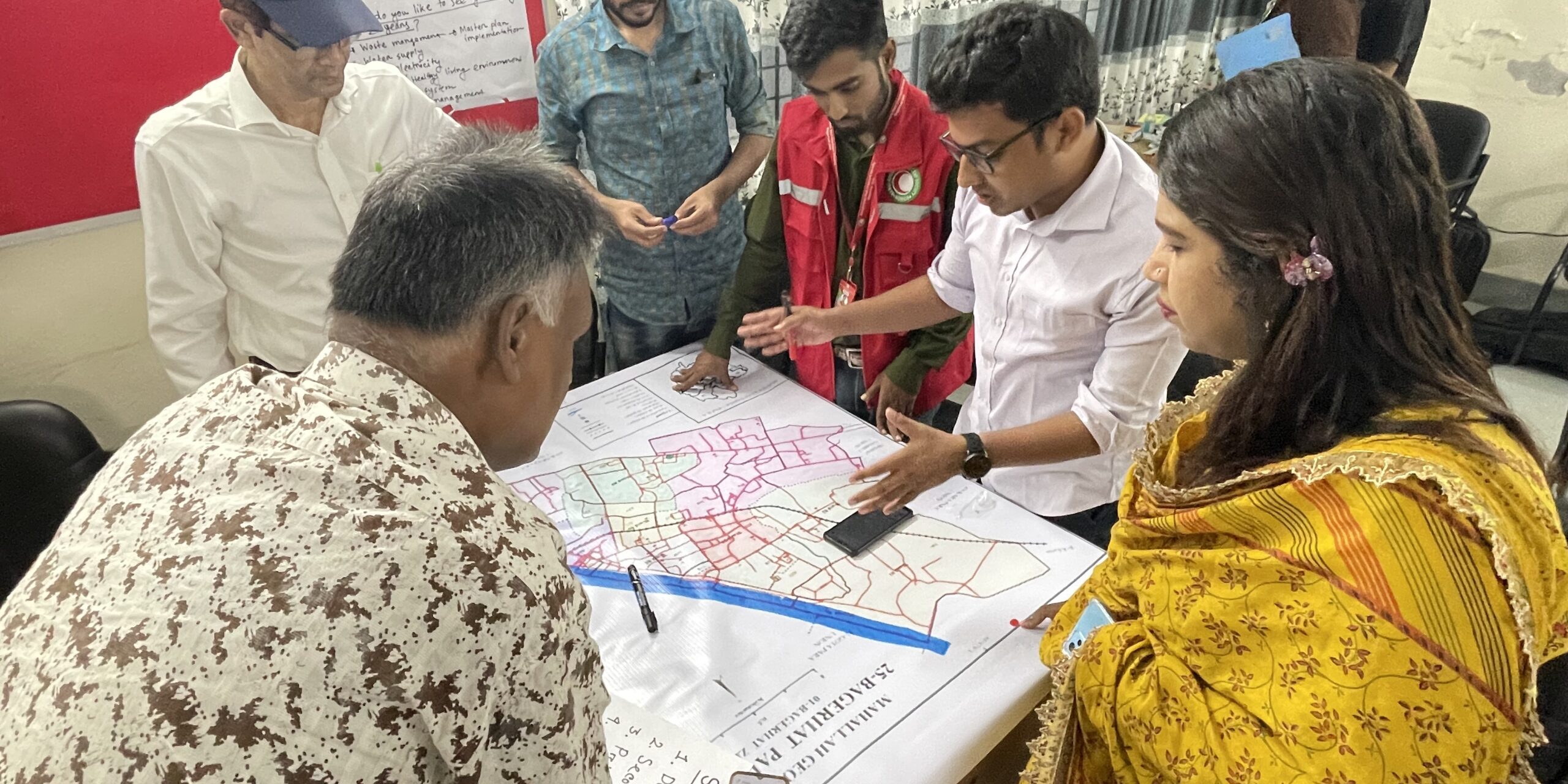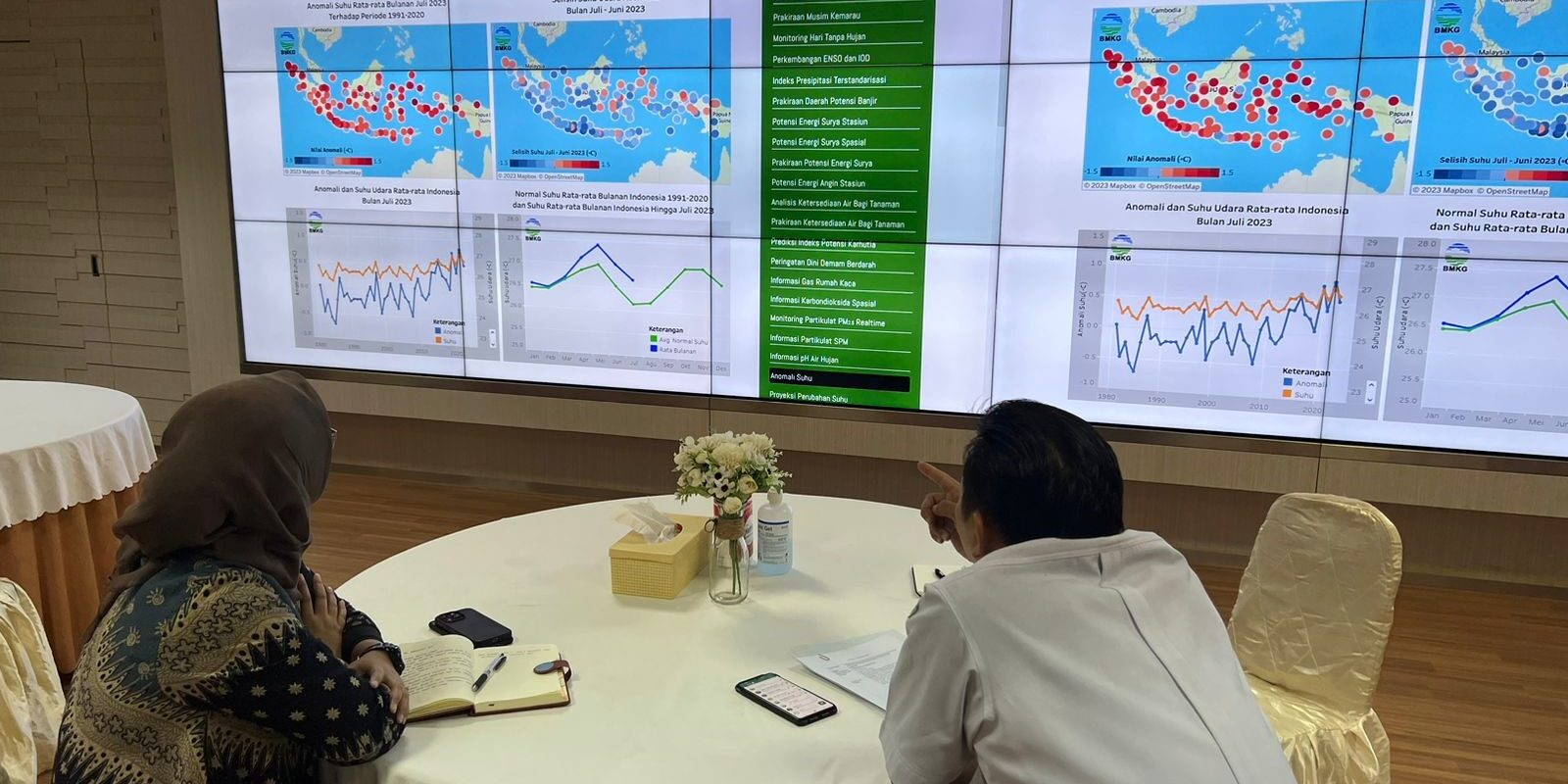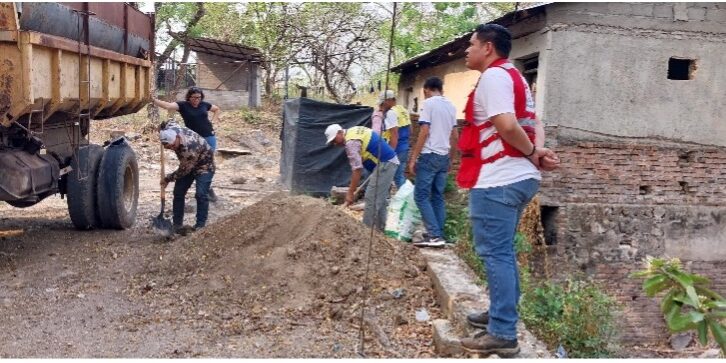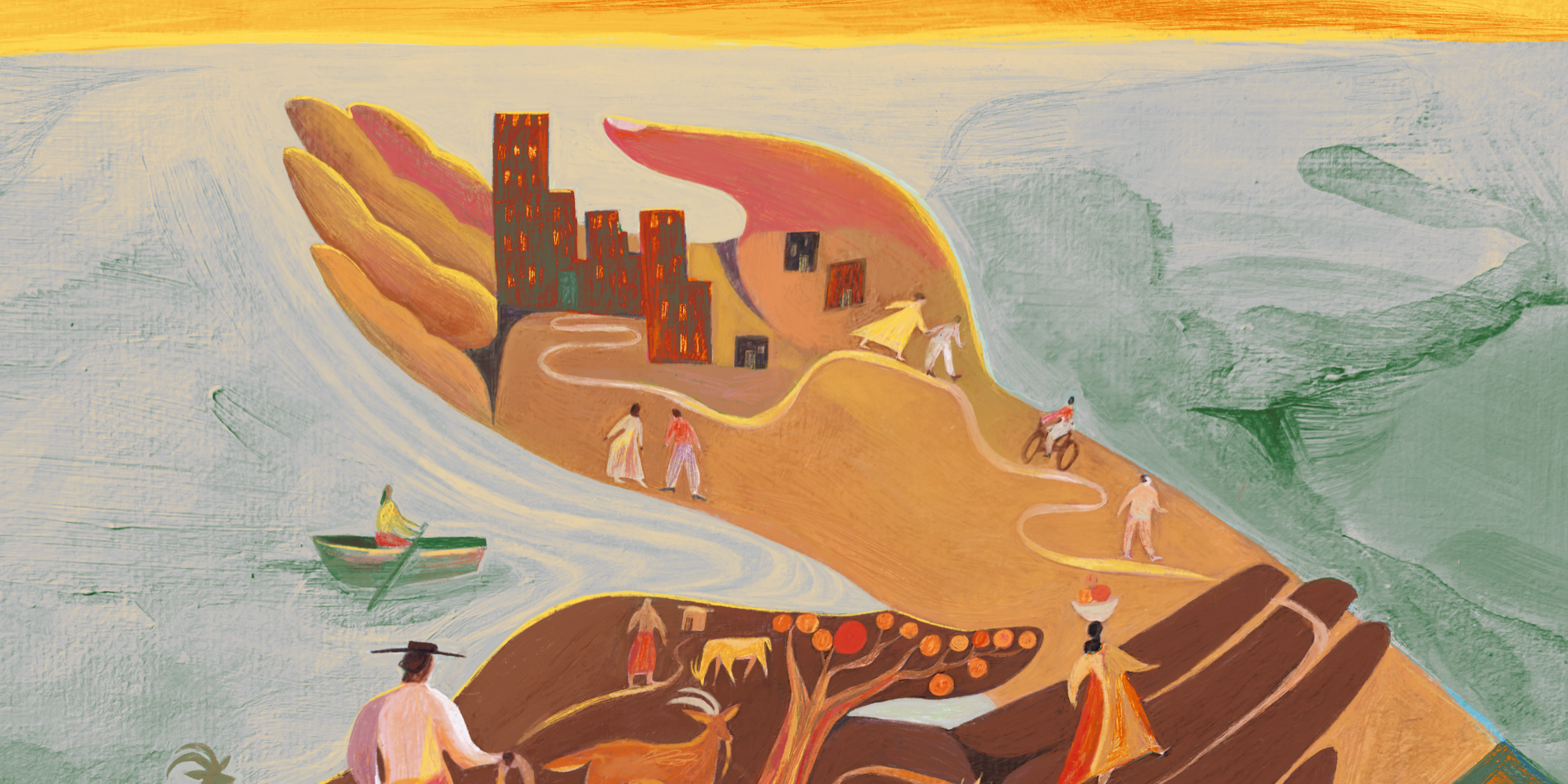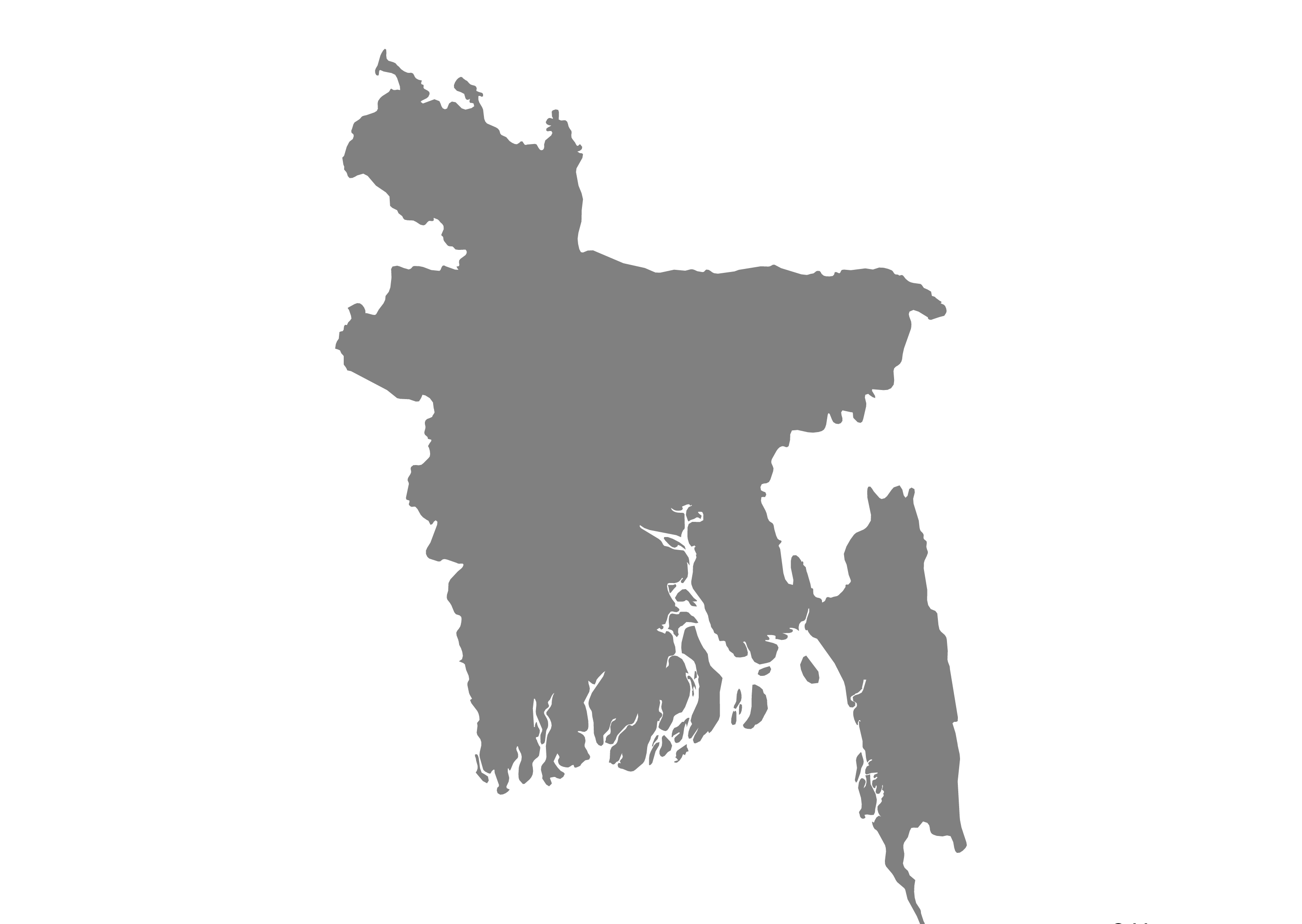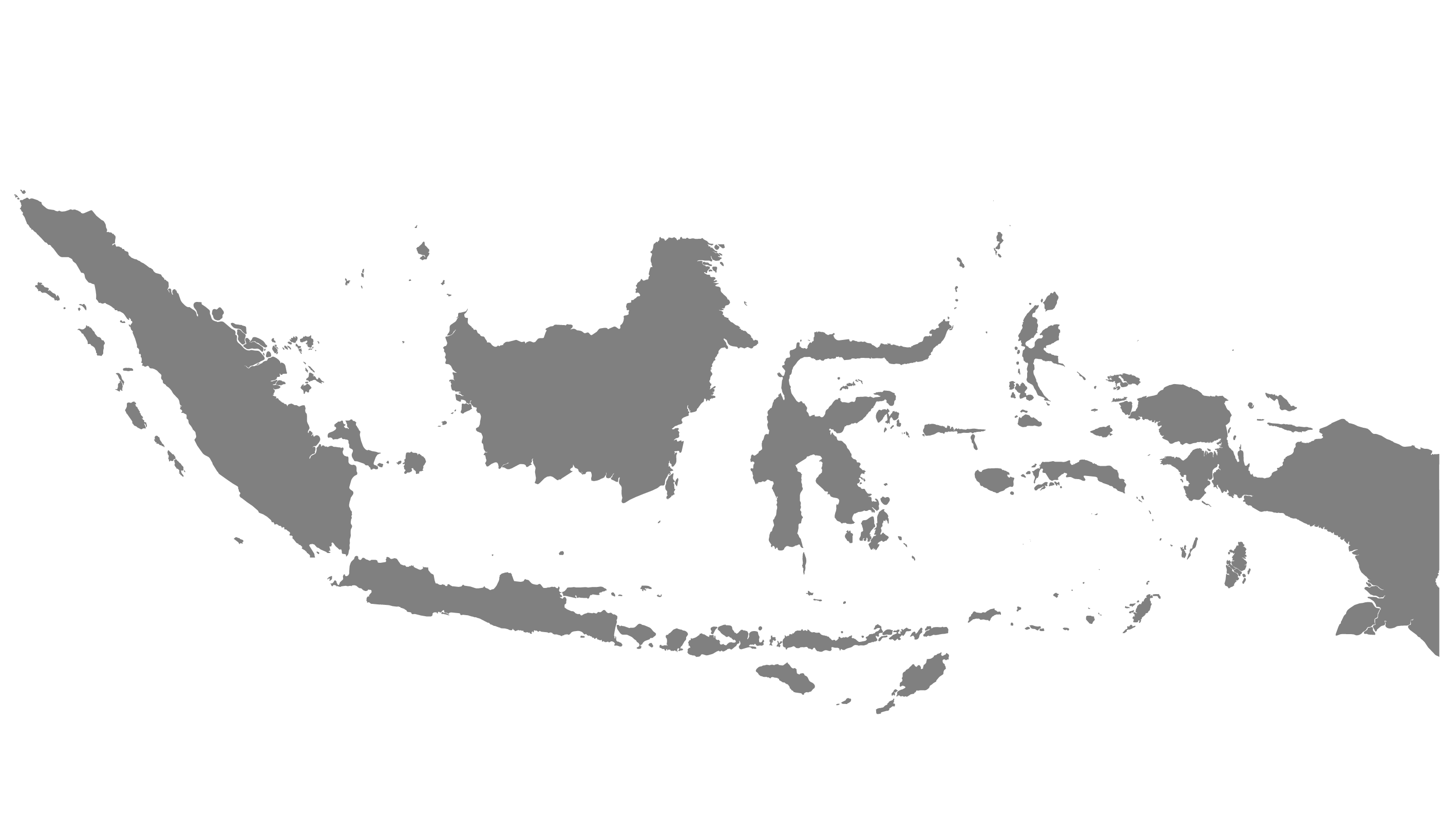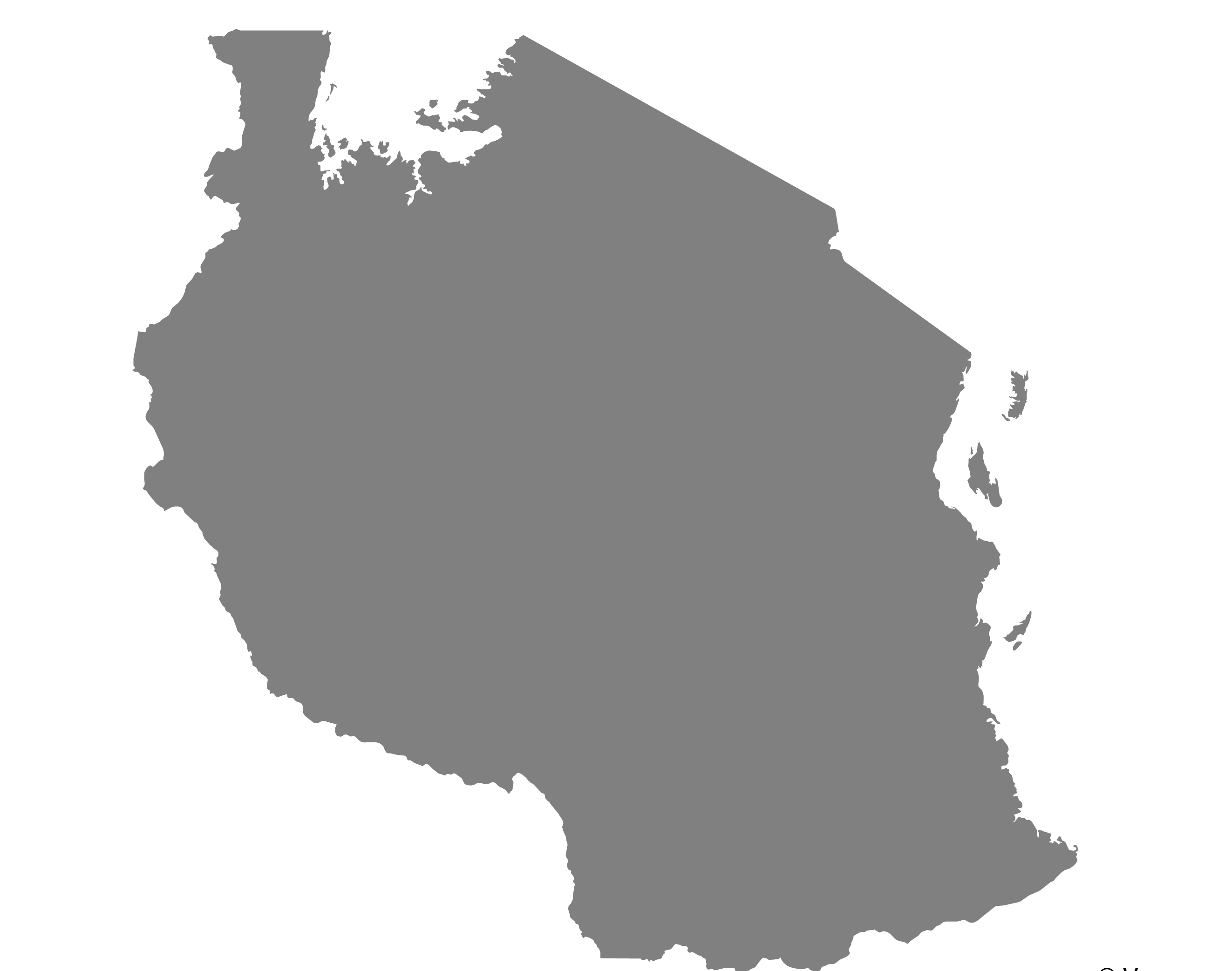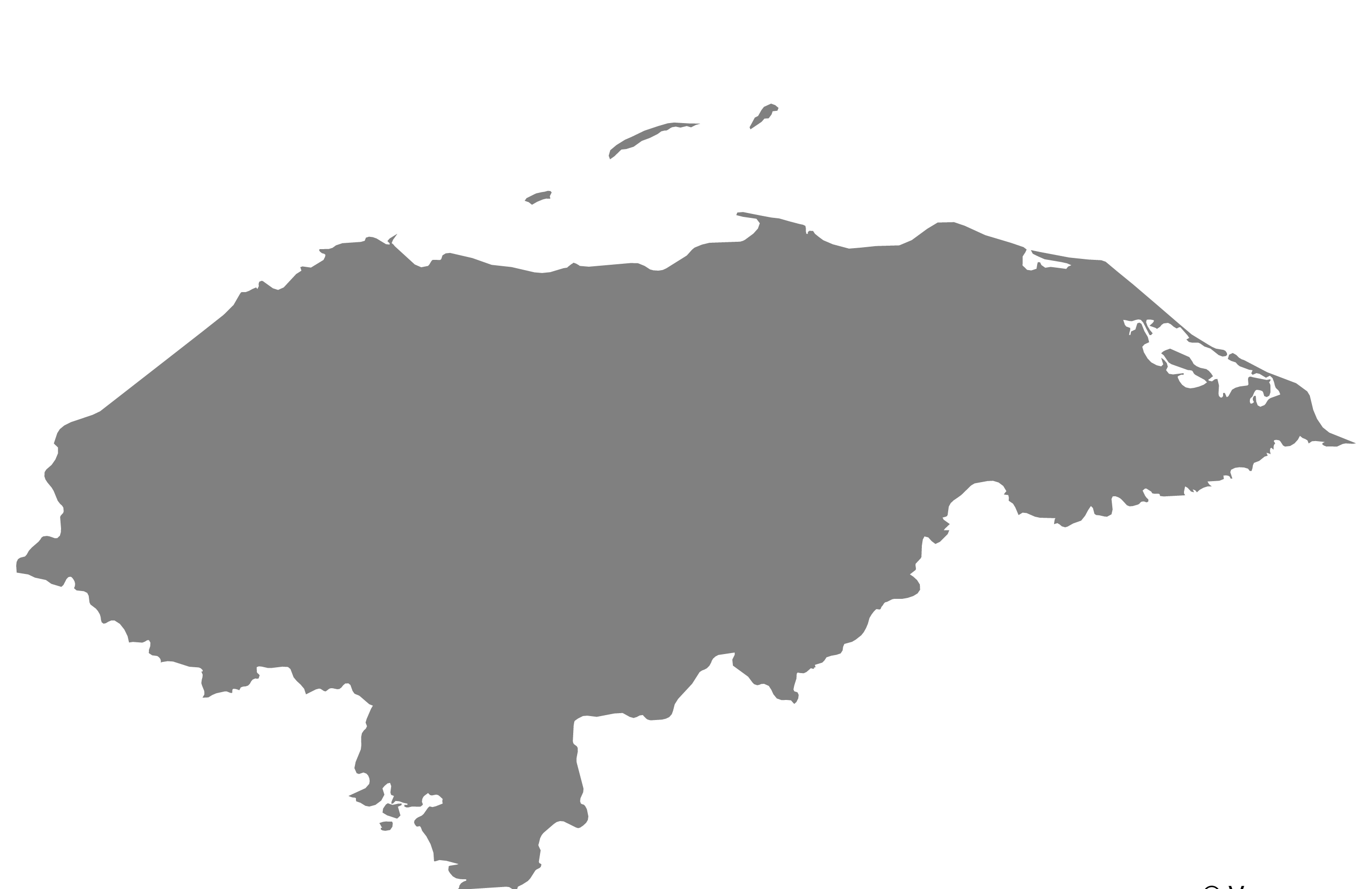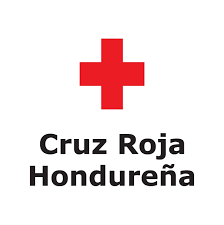Coastal City Resilience and Extreme Heat Action Project
What we do
The Coastal City Resilience and Extreme Heat Action Project (CoCHAP) aims to build climate resilience of urban communities, particularly to extreme heat and coastal threats. While building on the learning from the previous experiences in coastal cities, extreme heat response and locally led climate adaptation, CoCHAP will strengthen the capacities of the communities, Red Cross and Red Crescent (RCRC) National Societies, city authorities, meteorological agencies and other stakeholders in system and design thinking, coalition building and evidence-based collective action.
Building resilience of coastal urban communities to sea level rise, storms, and erosion.
Reducing impacts of extreme urban heat through planning, early warnings, and community adaptation.
What is new?
Join the Heat Action Day June 2nd
Heat waves are deadly. Every year, they claim the lives of infants, older people, and people with chronic health conditions around the world. There are simple actions we can all take to protect ourselves, our neighbours, our family members and friends. Heat Action Day on 2 June is a chance to raise awareness about this silent emergency so more people worldwide can stay safe and #BeatTheHeat
City-Wide Risk Assessment: A system Centric Approach for Building Resilient Coastal Cities
The Coastal City Resilience Project (CoCHAP) implementing in Bagerhat and Satkhira Municipality, Bangladesh brought together city stakeholders to identify climate change risk, map their impact on the city system and entry points for building city resilience through the City Wide Risk Assessment (CWRA).
Reactivation of Municipal Nursery Garden, Nacaome City, Valle. Honduras
Honduran Red Cross in collaboration with the Municipal Government aims to maintain plants in order to restore green areas at the municipal level, as well as to keep educational centres, churches, and places near water sources reforested, so mitigating the effects of high heat.
Understanding climate change – internal migration/displacement nexus in the context of coastal cities
This study presents a synthesis of the currently available data, analysis and projections, and reports on climate induced displacement and migration in coastal communities.
Where We Work
The CoCHAP project targets 9 secondary cities in Bangladesh, Indonesia, Honduras and Tanzania. While in some cities activities focus on either coastal resilience or extreme heat, in others the activities address both climate risks.
Tools & Resources
Tap into a wealth of expertise from the RCRC Network with our comprehensive collection of resources and tools tailored for CoCHAP project implementation. This section equips you with templates, guidance documents, reports, and other invaluable materials to streamline the planning, design, and execution of your CoCHAP activities.
Click on the icons on the right to explore resources by topic, or go here to browse the entire collection.
Partners
